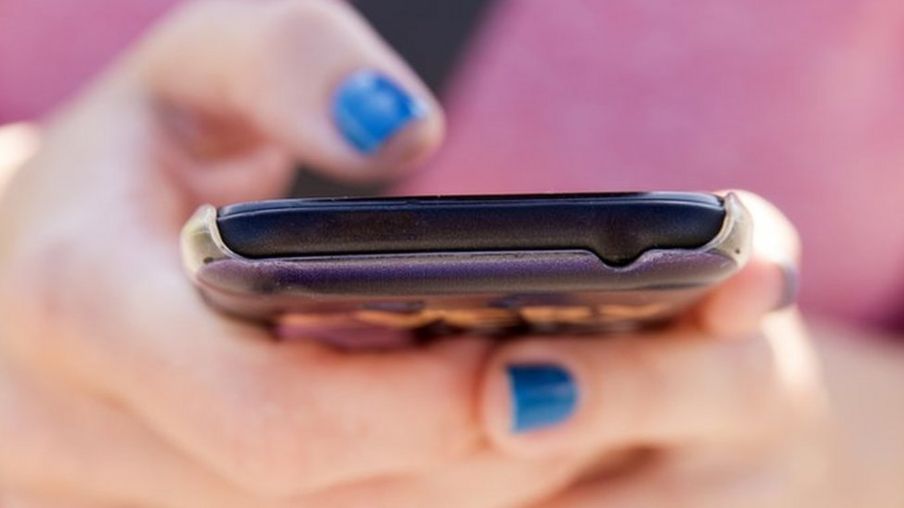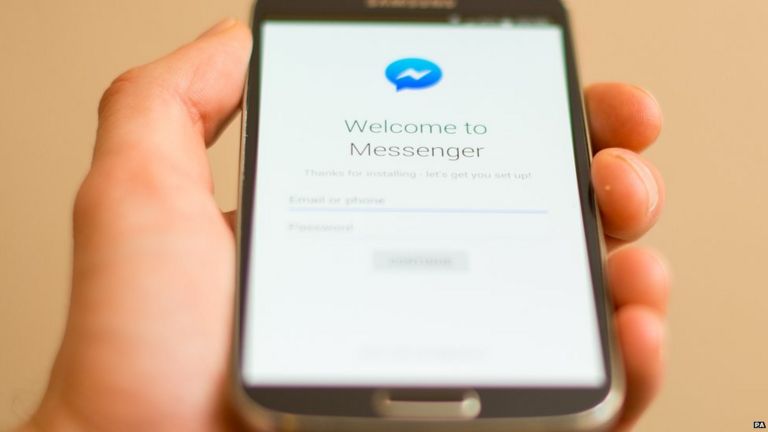
n Facebook's first
foray into the transportation business, the firm has agreed to work with Uber
to allow users to hail Uber cabs directly from the Messenger app.
The new service means
Messenger users will be able to ask for an Uber vehicle without leaving the
Facebook software.
Users will not need to
download the Uber app separately.
"Uber on
Messenger" began in parts of the US this week, the two firms said.
The companies announced
their new venture via separate blogs.
Facebook has some 1.5
billion users globally and Uber is the world's biggest driver-hailing app in
terms of financing.
If successful, the
partnership between the firms will give Uber access to many new and potential
clients - Facebook's Messenger app has some 700 million users worldwide.
"With the ability
to request, view, and pay for an Uber ride in Messenger, taking your next ride
is as simple as sending a message," Uber said on its news blog.
"You can request a
ride from a car service without ever needing to download an extra app or leave
a conversation," Facebook explained.
The social media giant
said the new transportation function on its Messenger app was part of its
ongoing development.
"More countries
and other transportation partners will be available soon," it added.
'Super easy'

Facebook also said the
service would be "super easy".
"Driver status
updates and payment receipts will get delivered to a private conversation
between you and Uber," the firm explained.
"With everything
in one place, you can seamlessly keep track of your ride and payment
history."
Uber and Facebook said
they would offer users their first ride for free - for a trip worth up to $20
(£13.37). Facebook said the offer would be in place for a limited time.
In April, the social
media giant removed its instant messaging service from its main mobile app and
said users would have to download the Messenger app in order to send and
receive messages on their smartphones.
San Francisco-based
Uber was founded six years ago. It has operations in about 60 countries but has
faced opposition in various parts of the world.
Earlier this year,
Facebook bought the messaging service WhatsApp for $19bn (£11bn).

No comments:
Post a Comment